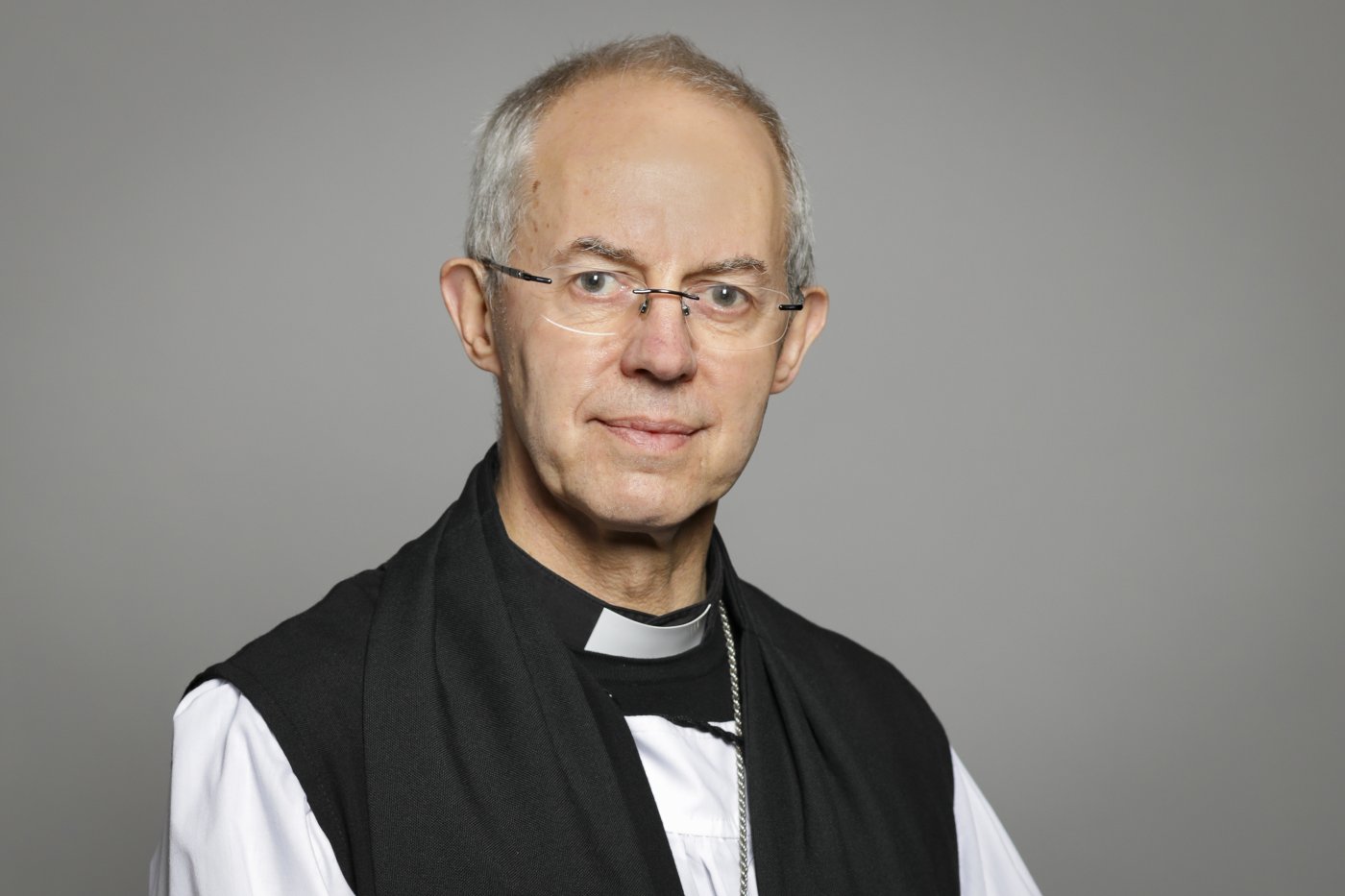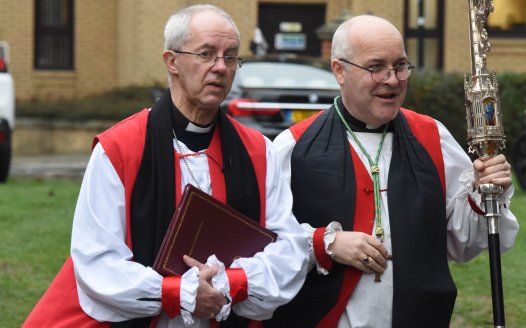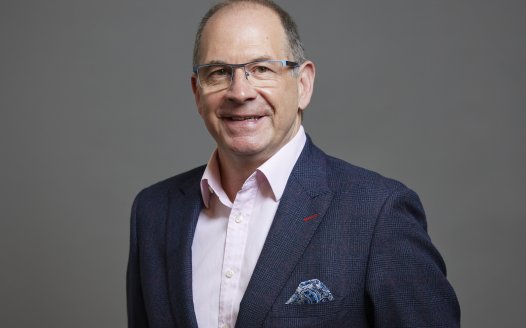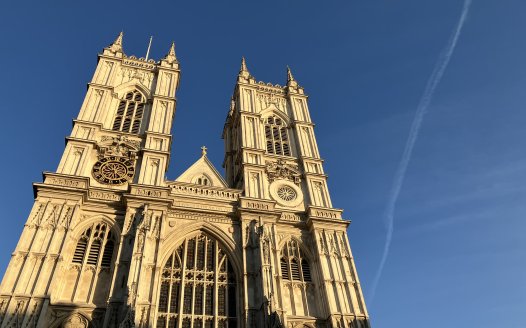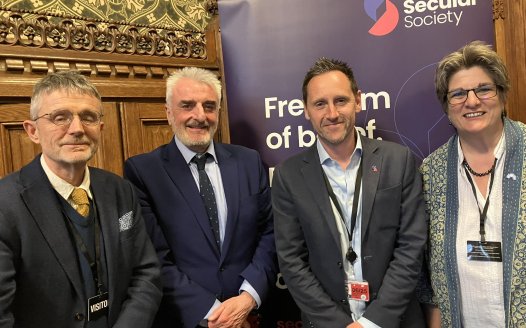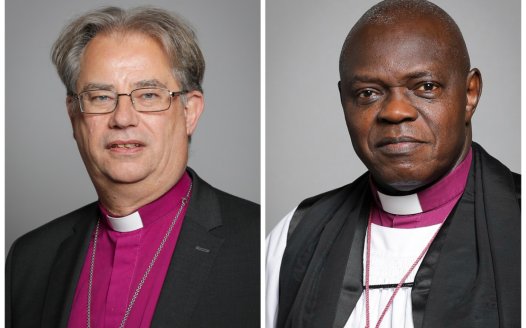House of Lords makes politicians out of prelates
Posted: Fri, 12th May 2023 by Stephen Evans
Religious leaders should be free to speak out on matters that concern them, but they should do so on the basis of equality, not privilege, argues Stephen Evans.
Justin Welby's recent intervention in the House of Lords debate on the Illegal Migration Bill has sparked much discussion about whether religion and politics should mix.
The archbishop of Canterbury attacked the government's legislation to stop small boat crossings (amongst other things) as "morally unacceptable". Referencing the Bible, he pointed out that Jesus taught us to "welcome the stranger".
Welby's speech provoked a predictable backlash from supporters of the bill. Conservative MP and member of the Home Affairs committee James Daly said: "The unelected archbishop should stick to religion and keep out of politics". Telegraph columnist Allison Pearson was so angry she said she could "cheerfully bop the nitwit on the mitre". Former cabinet minister Lord Forsyth suggested the archbishop should concern himself with "issues spiritual, rather than temporal."
But the fact is Welby is one of 26 bishops of the Church of England given seats as of right as lawmakers in our upper chamber. Their role as members of the 'lords spiritual' gives them direct influence in the secular realm of legislating, making politicians out of prelates.
Whether or not you agree with Welby on this issue, the archaic and unjustifiable arrangement that inserts Anglican clerics into our legislature needs to be addressed. It turns our parliament into a pulpit from which bishops can pontificate on any issues they choose – often in a self-serving way. For example, by imposing their theology through opposition to assisted dying or same sex marriage, or by promoting the use of publicly funded schools for proselytism.
Civil society groups, religious and secular, should be free to speak out on issues that concern them. But there's no good reason why Church of England clerics should uniquely enjoy a privileged platform in parliament to do so.
With the media focussing almost exclusively on the archbishop's intervention, you'd be forgiven for not noticing that scores of other members of the House of Lords lined up to voice strong opposition to the Illegal Immigration Bill, too – along with a coalition of 176 civil society organisations who called on parliamentarians to urge the government to immediately withdraw it.
The bizarre focus on a church leader finding government legislation "morally unacceptable" suggests we still believe a bishop's opinions carry greater moral weight that anyone else's. The idea that religious leaders have access to moral insights denied to the rest of us is as offensive as it is outdated. In the case of most organised religions, it is also demonstrably false.
It's this same outmoded and prejudiced attitude that keeps BBC Radio 4's 'Thought for the Day' ringfenced for religious ideas, Christian worship mandated at the start of school days, and prayers before parliamentary sittings.
Clerics in the legislature, like the heads of state's Christian coronation, is a medieval tradition that sits uneasily in a 21st century pluralistic secular democracy.
Constitutional reforms have often struggled to gain political saliency in modern Britain, but the Labour Party's next manifesto looks set to include plans to abolish the House of Lords, which would automatically take the bishops with it.
When we do finally get around to reforming our second chamber, explicit religious representation shouldn't feature. Practicalities aside, extending Anglican privilege to more faith and belief groups would simply fuel division and neglect the nonreligious and religiously unconcerned. Religious privilege should be ended, not extended.
But Justin Welby and other faith leaders are perfectly entitled to join other civil society organisations in trying to persuade decision-makers to hear and understand their point of view. It's a free country. But there's no reason to give them a privileged pedestal from which to do so.
Image: Roger Harris, CC BY 3.0
Separate Church and State
We want to separate church and state so no religion has undue influence over our politics and society. Join our campaign to disestablish the Church of England.

